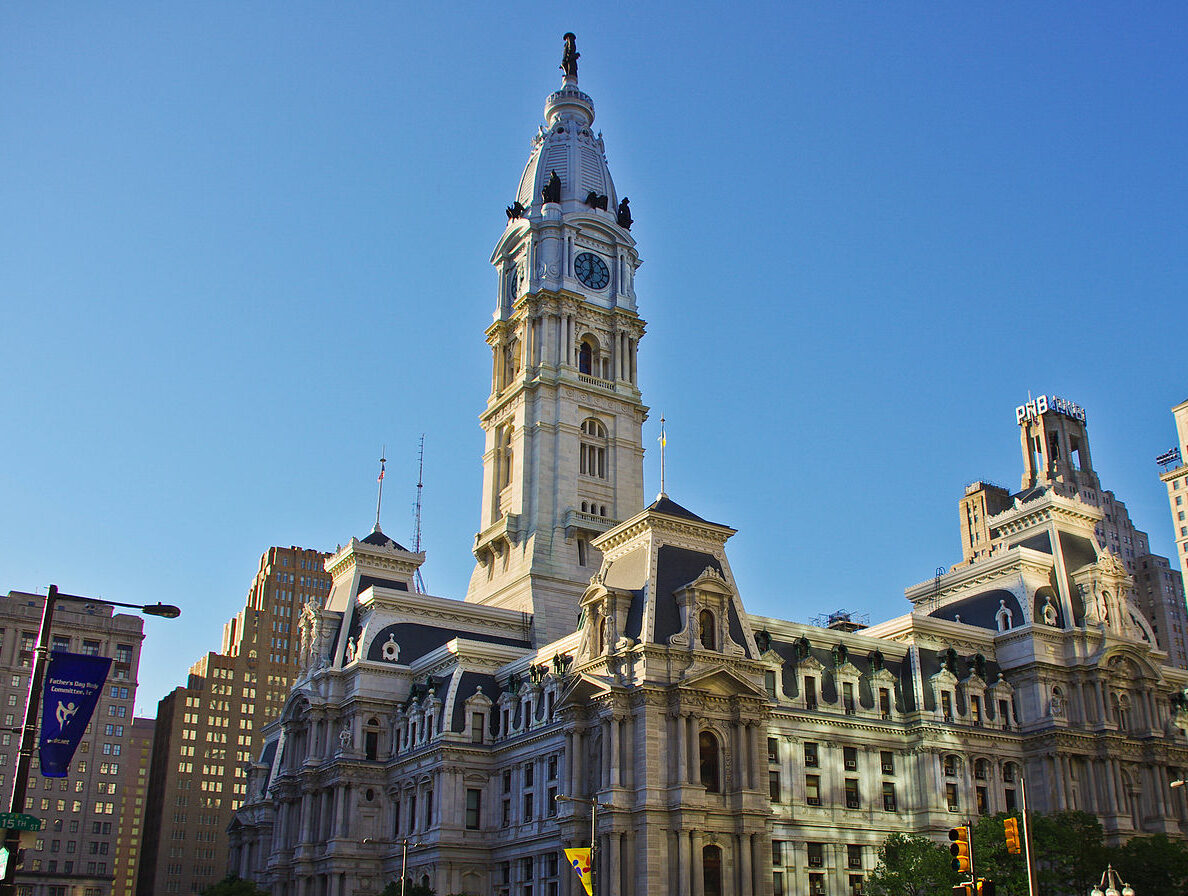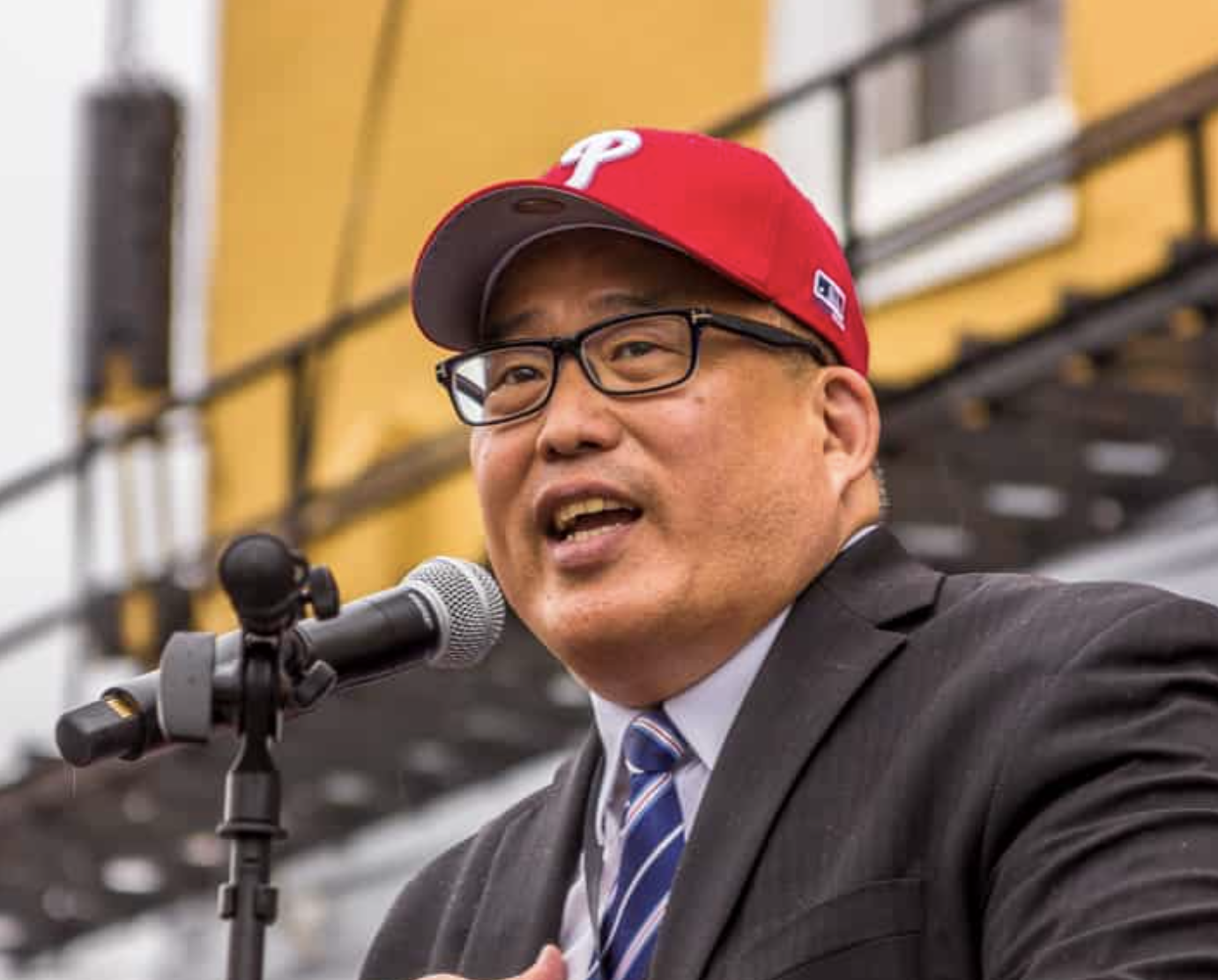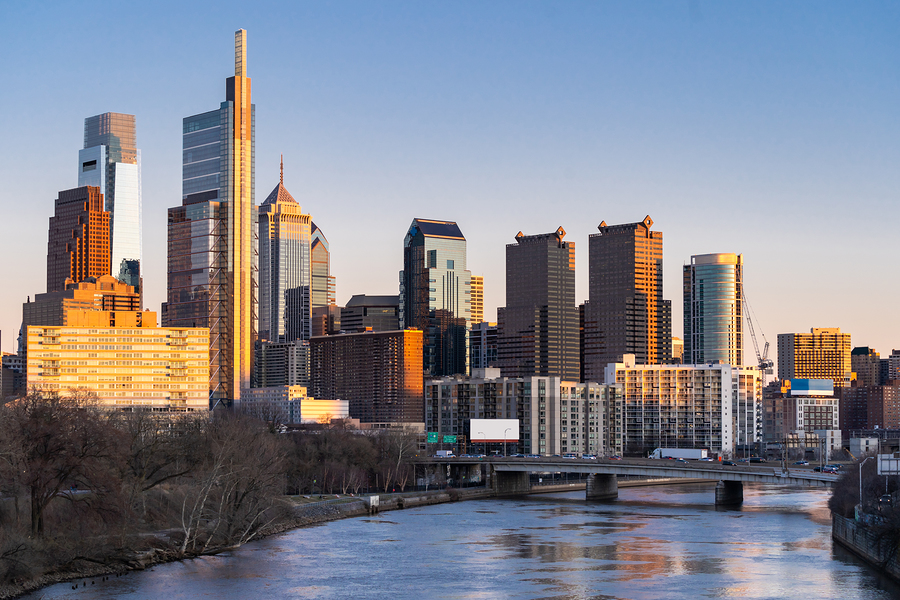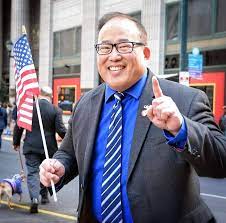Benjamin Franklin, arguably Philadelphia’s most famous resident, reportedly once urged his contemporaries: “Work as if you were to live a hundred years.” Philadelphia apparently didn’t get the message. A new WalletHub survey of the “best large cities to start a business” ranked Philadelphia 85th among the 100 cities reviewed. That places it below cities such […]




